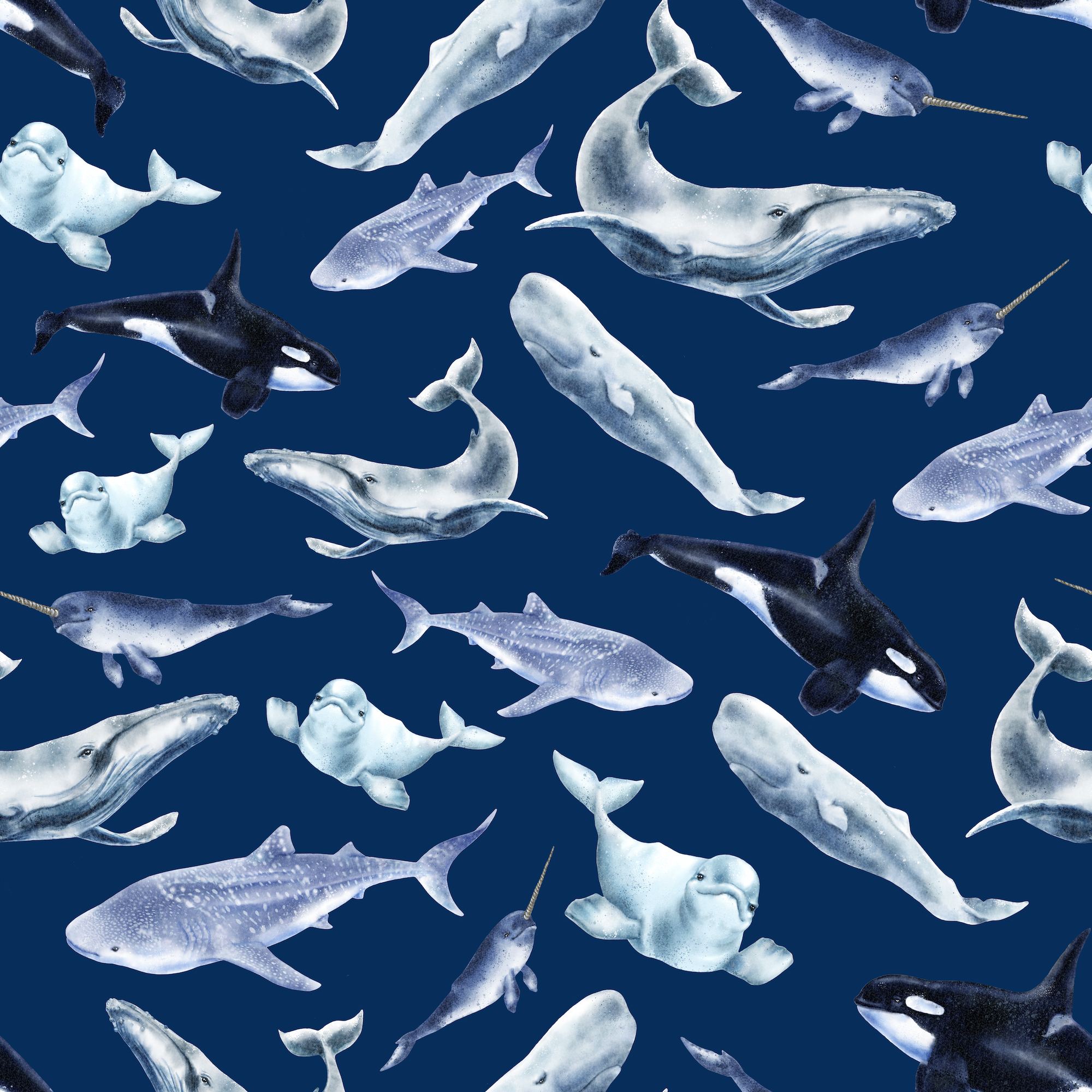The 64th annual meeting of the International Whaling Commission (IWC) held last July in Panama ended better than expected thanks to the strong defence of the Latin American countries – known as Grupo Buenos Aires – of the democratic processes within this international body.
After five years trapped under a “consensus tyranny” imposed by some whaling countries and promoted by the United States, the Commission managed to regain voting processes as the decision making mechanism when dealing with proposals that do not reach the consensus of all of its members.
Thus, the first accomplishment of the meeting was the vote on the proposal led by Latin America to establish a whale sanctuary in the South Atlantic. The voting process of this proposal was suspended in 2011 after the whaling block, led by Japan, sabotaged the meeting to avoid its possible adoption.
Although the proposal failed to achieve 75 per cent of the votes necessary for its adoption, it reached a historic 65 per cent of support. It is important to highlight that the South Atlantic whale sanctuary could have been adopted if the meeting had been attended by several like minded nations who were not present in Panama; and if Japan did not had a contingent of countries that support its whaling policies in return of financial aids and bribes to officials (that were reported in 2010 by a British newspaper).
The democratic processes also helped revealed what has long looms as one of the greatest threats to the future of whales: the transformation of U.S. from a whale conservation leader to a pro whaling advocate that seeks to lift the global moratorium on commercial whaling.
The joint proposal to renew aboriginal whaling quotas of the U.S. with the Russian Federation and the Caribbean island of St. Vincent & Grenadines was a serious setback for the governance of the IWC and the effective conservation of whale populations. Although the U.S. and Russian proposals would have complied with the requirements of the IWC to give hunting quotas to arctic communities, the proposal from St. Vincent & Grenadines generated severe criticism for violating the principles of the IWC regarding the killing of humpback whale calves and because these whaling operations contain strong commercial elements that violate the moratorium. Despite repeated calls from various countries to separate the proposals, the U.S. delegation decided to go ahead with the package and its pressure and influence was strongly felt during the vote. Only nine out of the eleven countries from Grupo Buenos Aires plus Gabon voted against this misleading whaling proposal. Mexico and Panama, along with countries that defend the moratorium like Australia and New Zealand supported the package, explaining later that their vote did not represent an endorsement to the St. Vincent & Grenadines proposal.
Later the whaling intentions of the U.S became obvious when it was the only country from the non whaling block to support the proposal for the renewal of aboriginal whaling quotas for Greenland (represented by Denmark). This proposal was rejected by 34 votes against, 25 favour and three abstentions because the quotas are used to cover a growing market of whale meat that includes the selling of more than 200 thousand “whale dishes” in Danish cruise ships, restaurants and hotels. Although the U.S. delegation made reference on several occasions to its commitment to the moratorium, this vote was crucial to clear any doubts about its current pro whaling policy.
With the opposition of the overwhelming majority of IWC members to the Danish proposal, including the negative vote of all members of Grupo Buenos Aires, more than 1,300 minke, bowhead, fin and humpback whales were saved from whaling harpoons over the next six years. However, the growing influence of Greenland in countries with interest in exploiting new fields of minerals and fossil fuels – due to the accelerated melting of polar ice from climate change – could negatively impact the conservation of whales in the Arctic region.
After the tabloid campaign initiated in 2008 to eliminate democratic process in the IWC, arguing that the Commission was on the verge of collapse, the last meeting in Panama proved that voting procedures can resolve – with relative success for whales but harmoniously – complex proposals as the ones described before. The Commission even made progress in several areas that were paralysed under the consensus tyranny. Emerging and growing threats to the conservation of whales were addressed and various initiatives to mitigate their impacts were introduced. The IWC even adopted a resolution on degradation of the marine environment that will increase, among others, cooperation between the IWC and the World Health Organization to provide updated advice to consumers of whale products about the threats associated with high loads of persistent organic pollutants and toxic substances such as methyl mercury found in cetaceans.
However, many issues went unresolved. The draft resolution presented by Monaco to improve the conservation and governance at sea of all cetacean species could not be adopted due to opposition of whaling nations, particularly Norway, Iceland and Japan. The Japanese delegate described as “ridiculous” any intentions to give up the mandate of the IWC and it even described some parts of the resolution as “unbalanced and irrelevant.” Ironically, the main threat to the governance of the IWC is the Japanese government itself, using bribery as a diplomatic tool within the IWC, spending millions of dollars from public funds (aimed at the reconstruction of country) to finance the illegal killing of whales in the Southern Ocean sanctuary and using unknown military elements in the Antarctic Treaty zone, where the use weapons is strictly forbidden. Still, the support of many countries from all continents – New Zealand, European Union, U.S., South Africa and all members of Grupo Buenos Aires – plus the creation of an intersessional working group outside the framework of the IWC – forecast a positive outcome in the future for whales and dozens of small cetacean species that currently do not have any international regulatory framework to ensure their conservation in the high seas.
Finally, proposals that were also rejected, such as the creation of a working group to address the possible implementation of a new form of “coastal whaling” led by Japan; and the establishment of a monetary fund that would enable Japan to clean its vote buying policy in the IWC, should be consider as warning signals for the next meeting of this international organization, which will meet biannually from now on.
These and other unsettled issues will be addressed by a bureau, that was created quickly at the end of the meeting when several delegations had already left the room to return to their countries. The implications of the work carried out by this group of countries (Australia, St Lucia, USA, Japan, Win and Panama) – behind closed doors and without the monitoring of civil society – are to be seen as the 2014 meeting approaches. A conference that will be chaired by the first woman elected to that position in the IWC, the commissioner of the Caribbean island of St. Lucia, a nation with an openly pro-whaling policy and an unconditional ally of Japan in the IWC.
By: Elsa Cabrera, executive director of Centro de Conservacion Cetacea (Chile), accredited observer to IWC since 2001 and coordinator of the public campaign Zero Whaling



